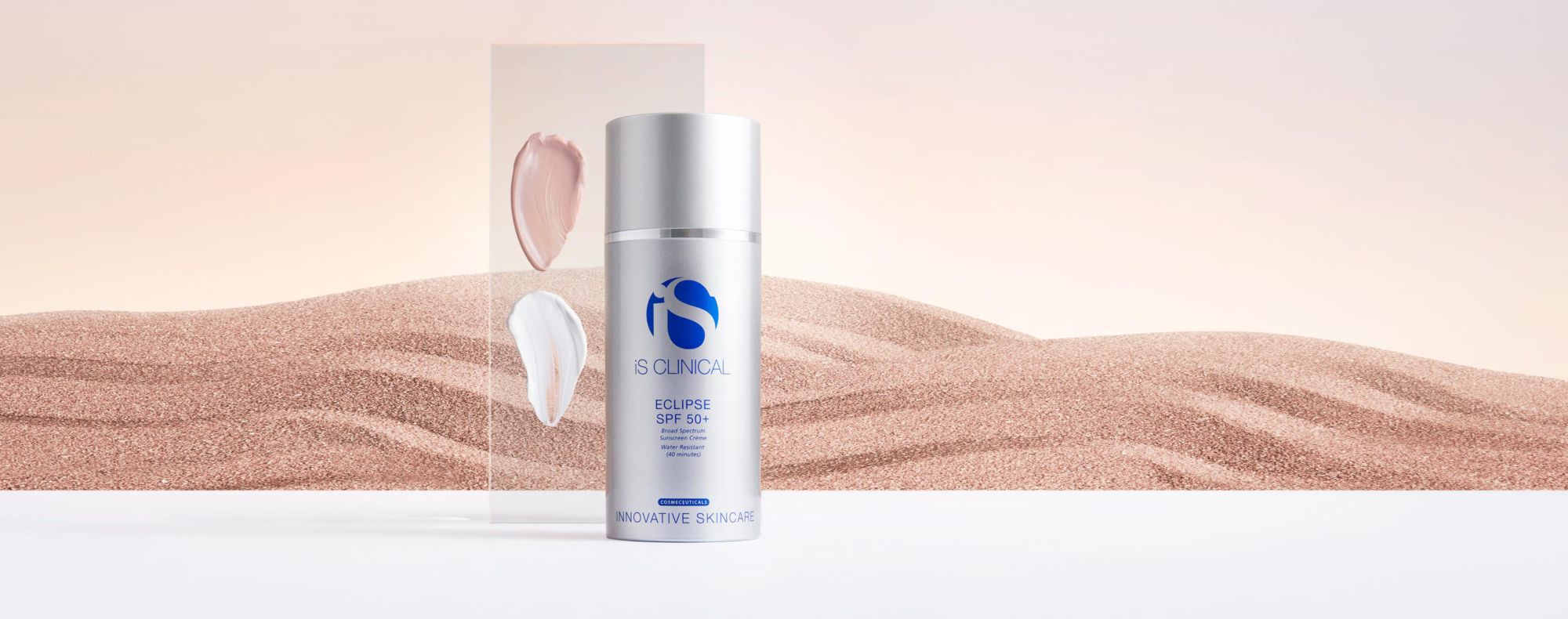There are so many sunscreens on the market these days. As a consumer this is great news! The more options there are the more opportunities there are to find a sunscreen that works best for your skin type. My personal belief with sunscreen is if you like it, and it has the proper protection, and you like wearing it, then it is the right one for you.

SPF, which stands for Sun Protection Factor, and the number beside it, indicates how well the sunscreen protects skin against sunburn and as a rule of thumb, it should be worn everyday - no matter the weather outside. If it’s cloudy, wear your sunscreen. If it’s raining, wear your sunscreen. If it’s sunny, wear your sunscreen. If you are just out running errands, wear your sunscreen. You get the idea. Every day, all day.
Let’s dig deeper.
Sunscreen falls into two categories: chemical and mineral. The main difference between chemical and mineral (physical) sunscreens is found in the ingredients list. The two ingredients that make up a mineral sunscreen are zinc oxide and titanium oxide, where chemical sunscreens can be made up of oxybenzone, avobenzone, octisalate, octocrylene, homosalate and octinoxate. It’s not uncommon to see a combination of these ingredients in one sunscreen.
Why is sunscreen so important? The sun (which we all love so much!) emits ultraviolet (UV) rays and as much as you and I love the warmth of the sun, these UV rays can cause various types of skin damage. There are two types of UV rays that can hurt your skin, UVA and UVB.
UVA
UVA rays - ultraviolet A are long waves from the sun that penetrate deep into the epidermis causing long term effects such as wrinkles, age spots, and cancer cells. A good way to remember what UVA rays do to the skin is to remember that the A in UVA stands for Aging.
UVB
UVB rays - ultraviolet B are shorter waves from the sun that only reach the surface of your skin. These are the rays that cause tanning and sunburn. A good way to remember what UVB rays do to the skin is to remember that the B in UVB stands for Burning.
Mineral sunscreens are called physical sunscreens because it creates a physical barrier on the skin that creates a layer between your skin and the UV rays. This barrier helps to reflect the UV rays away from your body. Whereas chemical sunscreens penetrate the skin and offer protection by dissipating the UV rays.
There are some pros and cons to both chemical and mineral sunscreens and I’ll list them below, but I still strongly believe that what SPF works for your skin is the right one for you as long as you are using sunscreen daily.

Now that we’ve talked a bit about the different types of UV rays and the different types of sunscreens, let’s get into some of my favourite SPF.
For my face, I am obsessed with the iS CLINICAL Eclipse SPF 50+ Perfectint Beige. It’s an ultra-sheer, broad-spectrum sunscreen that uses titanium dioxide and zinc oxide making it a physical sunscreen. I personally love when my sunscreen offers a sheer tint and since I’m not a makeup wearer, I love when my sunscreen gives me a light tint that evens out my skin tone. If you prefer not to have a tint in your SPF the iS CLINICAL Eclipse SPF 50+ also comes in an un-tinted formula.

The iS CLINICAL SPFs are specifically formulated for extended outdoor activities and daily use. They use a transparent titanium oxide and a micronized zinc oxide along with pure vitamin E to give the skin a broad-spectrum UVA/UVB protection that is ultra-sheer, lightweight, and absorbs quickly into the skin for a non-greasy matte finish.
For my body, I love the Coola SPF body sprays. They make it in the classic body organic sunscreen spray SPF 70, or they make it in a mineral body organic sunscreen spray SPF 30. They are incredibly lightweight and easy to reapply throughout the day.
With so many incredible sunscreens available there is no excuse for not wearing an SPF every day!
As always, I love hearing from my readers and would love to hear in the comments below what your current favourite Sunscreens are.
The Toronto Facialist
Follow me on Instagram!
